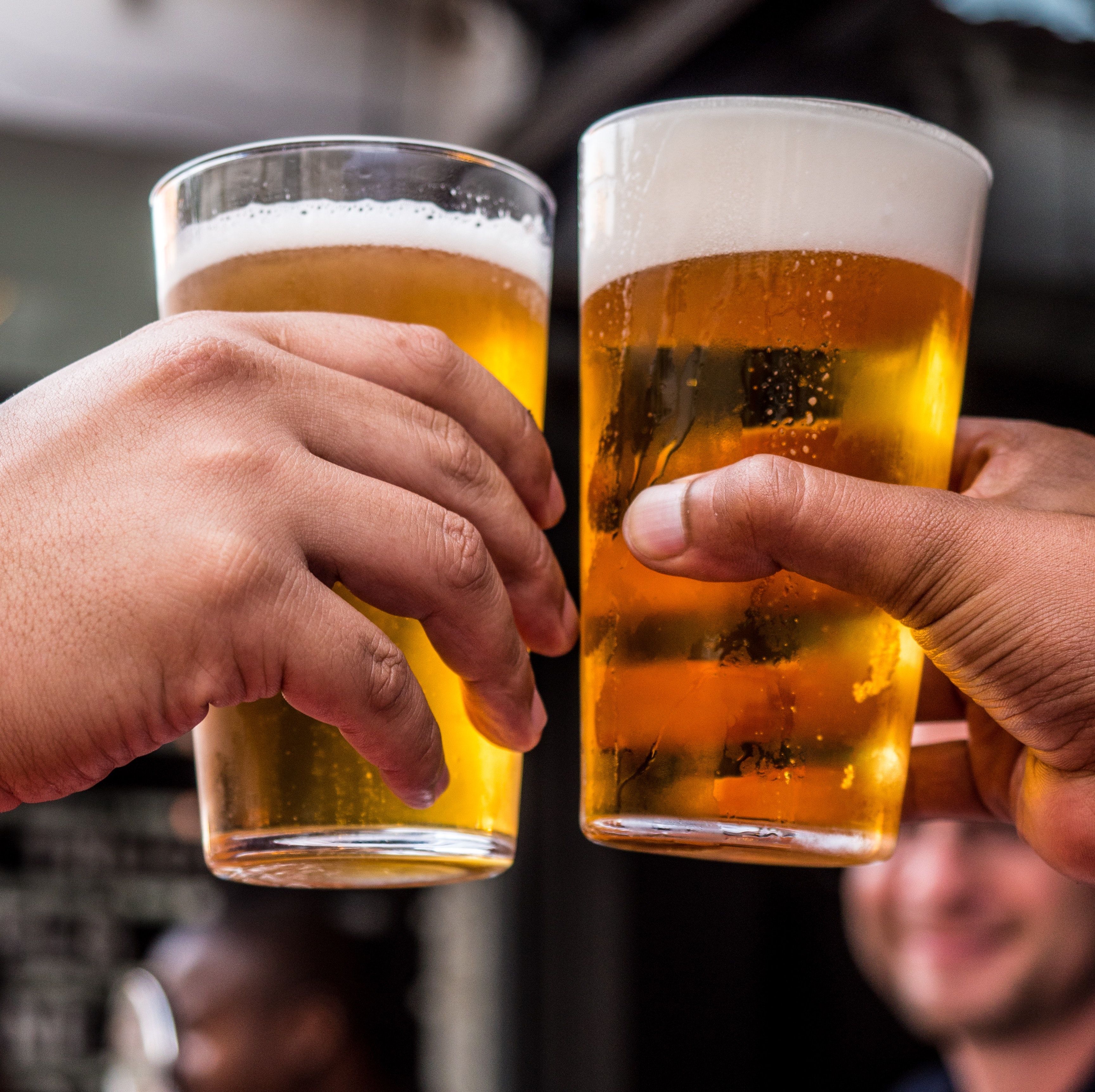Article
Improving Sleep Behavior May Reduce Alcohol Use in Young Adults
Author(s):
While young adults may be resistant to drinking interventions, improving sleep behavior can indirectly reduce hazardous drinking.

In a study featured at the Associated Professional Sleep Societies (SLEEP) 2022 Annual Meeting, investigators stated that while young adults may be resistant to drinking interventions, improving sleep behavior can indirectly reduce hazardous drinking.
"Evidence linking sleep to next-day drinking among regular drinkers could support sleep interventions as an indirect pathway to alcohol misuse reduction," they wrote.
David Reichenberger, Pennsylvania State University, and a group of investigators decided to explore this connection in regularly drinking young adults.
The Study
The study included 222 young adults who consumed alcohol regularly, and continuously monitered them in their natural environments for 6 days with an alcohol monitor that measured their transdermal alcohol concentration (TAC).
In addition to that, participating individuals completed smartphone-based daily surveys where they reported their sleep and the number of drinks they consumed the previous night. Predictors were disaggregated into within- and between-person variables.
To predict next-day alcohol use, sleep variables were used. Alcohol use variables were used to predict subsequent sleep. Adjustments were made for weekends, sex, weight, and prior night sleep/drinking with Multilevel Poisson and linear models with random intercepts for each outcome.
The Results
The between-person results showed that those who often went to bed later consumed an average of 24% more drinks and achieved 26% higher peak TAC the next day. Investigators found that every hour of sleep duration the prior night was associated with a 14% decrease in the number of next-day drinks.
On average, individuals who drank more went to bed 12-19 minutes later and slept 5 fewer minutes. As for within-person results, it was observed that on nights when individuals drank more than usual, not only did they go to bed 8-13 minutes later, get 2-4 less minutes of sleep, but they also had worse sleep quality.
When individuals went to bed earlier and slept longer on average, they were less likely to use alcohol the following day. Using less alcohol was associated with improved sleep the subsequent night.
"Taken together, these results suggest that better sleep health may improve drinking behaviors and intoxication dynamics," investigators concluded, "which may have implications for interventions targeting sleep as a mechanism to reduce heavy drinking."




